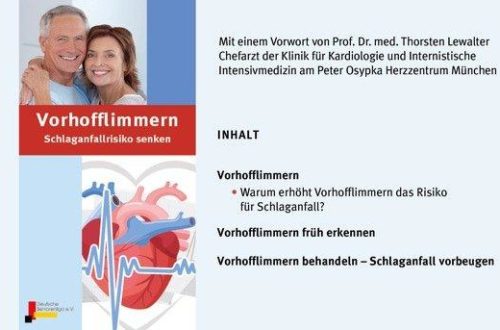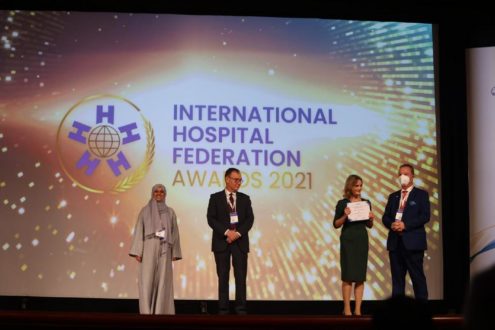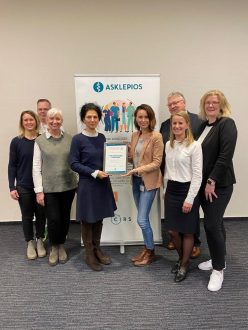European cohesion through the pandemic: One year into covid-19
However, Europeans actually entered the crisis and pandemic well prepared to stick together as part of the EU, with robust economic and political ties between member states and a lot of trust among the citizens. In fact, European cohesion was stronger in 2019 than in 2007, the year before the global financial crisis. With 12 years of data, the fourth edition of the EU Cohesion Monitor tells a story of European perseverance in the face of multiple crises.
Ahead of the joint online event with the European Policy Centre and Connecting Europe on 18 February 2021 – where the role of the Portuguese EU Council Presidency for improving European cohesion in 2021 will be discussed – experts from the award-winning international think tank, the European Council on Foreign Relations (ECFR) are available for quote and analysis in English, German, French and Polish:
- Jana Puglierin, Senior Policy Fellow and Head of ECFR’s Berlin Office
- Pawel Zerka, Policy Fellow
- Rafael Loss, Coordinator for pan-European data projects
- Claire Busse, project and research assistant
COMMENT/INTERVIEW
If you would like additional comment or copy for a story you’re working on, please reply to this email or contact Marlene Riedel, Communications Officer at ECFR: marlene.riedel@ecfr.eu
RELATED RESEARCH
- The crisis that made the European Union: European cohesion in the age of covid, by Claire Busse, Rafael Loss, Jana Puglierin and Pawel Zerka
- The interdependence of European solidarity, European cohesion and a European public sphere, by Jana Puglierin
The European Council on Foreign Relations (ECFR) is a pan-European think-tank that aims to conduct cutting-edge independent research in pursuit of a coherent, effective, and values-based European foreign policy.
With a network of offices in seven European capitals, over 60 staff from more than 25 different countries and a team of associated researchers in the EU 28 member states, ECFR is uniquely placed to provide pan-European perspectives on the biggest strategic challenges and choices confronting Europeans today. ECFR is an independent charity and funded from a variety of sources. For more details, please visit: www.ecfr.eu.
The European Council on Foreign Relations does not take collective positions. All the publications of the European Council on Foreign Relations represent only the views of its authors.
European Council on Foreign Relations (ECFR)
Unter den Linden 17
10117 Berlin
Telefon: +49 (30) 32505100
http://www.ecfr.eu
![]()





